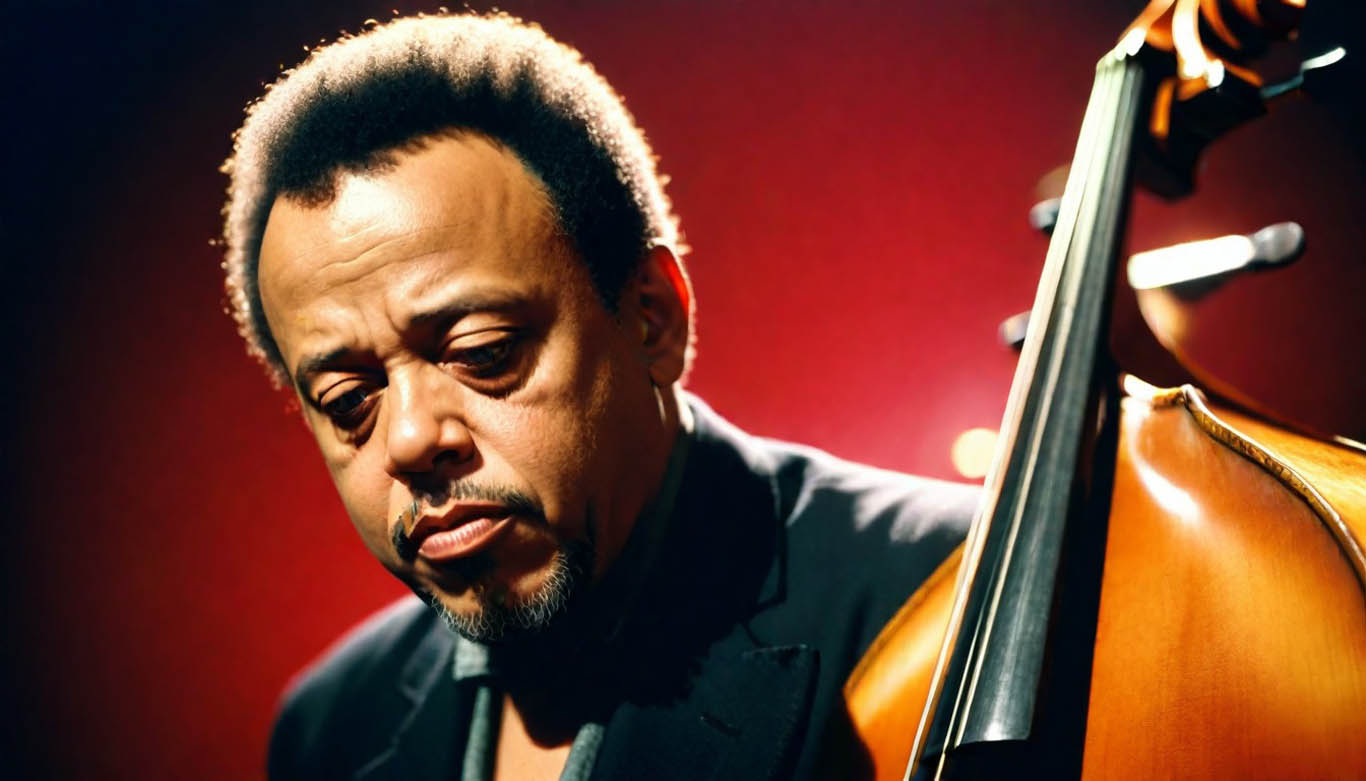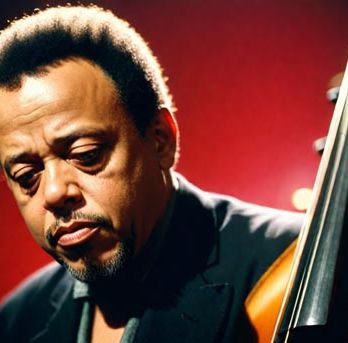Charles Mingus

Charles Mingus, one of the most important figures in jazz, was not only an exceptional bassist and composer but also a visionary bandleader whose music defied categorization.
Joni Mitchell collaborated on the album ‘Mingus’ shortly before his death in 1979. Some real legends played on the album; Jaco Pastorius, Herbie Hancock, Wayne Shorter which should tell you a lot about the esteem with which he was held.
Early Life and Musical Beginnings
Charles Mingus was born on April 22, 1922, in Nogales, Arizona. Raised in Los Angeles, he began playing the double bass as a teenager and quickly demonstrated remarkable talent. Mingus's early influences included jazz legends like Duke Ellington, Jelly Roll Morton, and Charlie Parker, whose innovative approaches to music would shape his own artistic vision.
His early professional experience, in the 40's, found him touring with bands like Louis Armstrong, Kid Ory and Lionel Hampton.
1950s-1960s
In the 1950s, Mingus emerged as a prominent figure in the jazz world, both as a sideman and as a bandleader. His dynamic playing and inventive compositions earned him widespread acclaim, and he quickly gained recognition for his distinctive style.
He settled in New York where he played and recorded with the leading musicians of the 1950's-- Charlie Parker, Miles Davis, Bud Powell, Art Tatum and Duke Ellington
Mingus's tenure with the Jazz Workshop, a collective of musicians he formed in the late 1950s, produced some of his most groundbreaking recordings, including "Pithecanthropus Erectus" (1956), "The Clown" (1957), and "Mingus Ah Um" (1959). These albums showcased his eclectic influences, ranging from blues and gospel to classical and avant-garde, and solidified his reputation as one of the most innovative composers and bandleaders in jazz history.
Collaborations and Achievements
Charles Mingus collaborated with a diverse range of artists throughout his career, including jazz luminaries like Eric Dolphy, Dizzy Gillespie, and Max Roach. His contributions to the jazz genre were recognized with critical acclaim and numerous accolades, including Grammy nominations for his compositions and recordings.
1970s-1980s
In the 1970s, Mingus continued to record and perform prolifically, despite battling health issues. He released several acclaimed albums, including "Changes One" (1975) and "Changes Two" (1975), which featured a mix of original compositions and reworkings of jazz standards.
In 1971 Mingus was awarded the Slee Chair of Music and spent a semester teaching composition at the State University of New York at Buffalo. In the same year his autobiography, Beneath the Underdog, was published by Knopf.
Mingus's collaborations with artists like Joni Mitchell and Jackie McLean further expanded his musical legacy and introduced his music to new audiences. His dynamic bass playing and adventurous compositions continued to inspire generations of musicians and cemented his status as a jazz icon.
Legacy and Influence
Charles Mingus's impact on the jazz genre is immeasurable. His dynamic playing, inventive compositions, and visionary approach to music have inspired generations of musicians and left an indelible mark on the history of jazz.
Mingus's compositions, including classics like "Goodbye Pork Pie Hat," "Moanin'," and "Haitian Fight Song," have become jazz standards, performed and recorded by countless artists over the years (including me!). His influence extends far beyond his own recordings, as he continues to inspire new generations of jazz musicians with his timeless music and enduring legacy.
To download my version of Goodbye Pork Pie Hat click here
Charles Mingus ratings

Songs: Goodbye Pork Pie Hat, Moanin', Haitian Fight Song